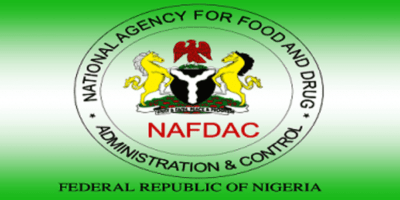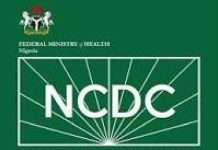-Calls for submission of COVID-19 related herbal remedies
As more and more herbal remedies for the treatment of the novel Coronavirus are being promoted on social media, even with the offer of the Madagascar’s COVID Organics, the management of National Agency for Food and Drug, Administration and Control (NAFDAC) has maintained that any herbal medicine with a claim of cure must undergo clinical evaluations.
While the agency acknowledged the submission of only one herbal formulation for the treatment of the infection, it called on others with herbal preparations for COVID-19 to send them to the agency for toxicological test.

The NAFDAC Director General, Prof. Moji Adeyeye stated in a release mailed to Pharmanewsonline: “NAFDAC as at the time of this press release has only received application from one company for a product the company is presenting (for approval) to the Agency for the treatment of the symptoms of Covid-19, and not for the cure of Covid-19 as a disease.
“A claim of a cure must be subjected to clinical evaluation through well controlled, randomized clinical trials following an approved clinical trial protocol” she stressed.
She explained further the operations of the agency saying they only lists herbal medicines based on historical perspective on the use of the products after carrying out toxicological and microbiological evaluations in the laboratories to ensure that they are, at the minimum, safe. The listing status is valid for two years and is renewable.
She continued: “It does not validate the efficacy claims being made for the products hence, the labels must bear a disclaimer informing the consumer “The claims have not been evaluated by NAFDAC”. This minimum requirement of ‘proof of safety’ is the agency’s way of encouraging production of herbal remedies from the country’s rich diversity of plants”.
The NAFDAC boss highlighted efforts of the agency in advancing the development of herbal products, explaining how they set up the Nigerian Herbal Medicine Product Committee (HMPC) which brings together manufacturers, academia, researchers and relevant stakeholders by bridging the gap often created between traditional medicine practitioners (possible patent holders) and drug manufacturers, whose responsibility it would be to formulate the products.
“This collaboration, brokered by the agency, aims at translating research of herbs into products of commerce with proven safety & efficacy. The committee has met three times since inception, on 15 March 2019; 6 September 2019 and the most recent one being a virtual meeting on Thursday 8 May 2020.
“Call for expression of interest for the COVID-19 related medicines was made; several researchers and practitioners have responded and are being guided to submit such medicines to NAFDAC for expedited review. The agency continues to encourage all stakeholders to present the products of their research findings and allow these remedies go through internationally recognised process of approval through pre-clinical and where applicable, clinical trials”, she stated.
Adejeje reiterated that NAFDAC as the agency that has been saddled with the mandate of safeguarding the health of the citizenry, will continue to make sure that only medicinal product (including herbal remedies) that have proven safety data will be approved for use by the public.












I appreciate the fact that NAFDAC is more concerned about the safety and efficacy of whatever drugs they approve.
I hope they’ll come up with the best result soon.